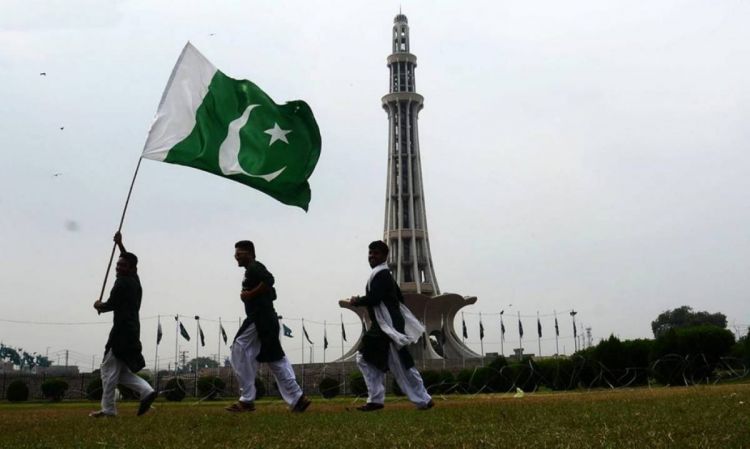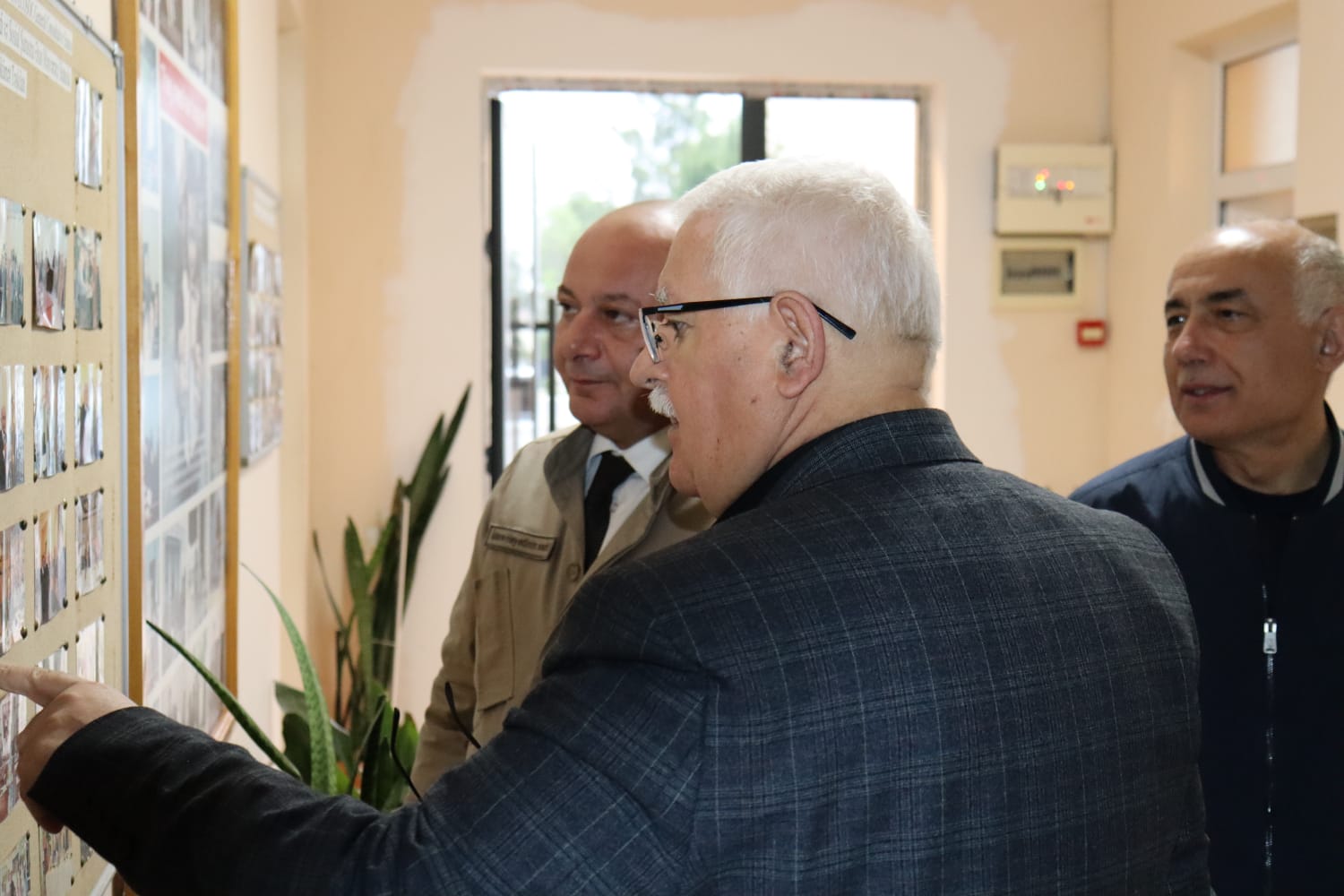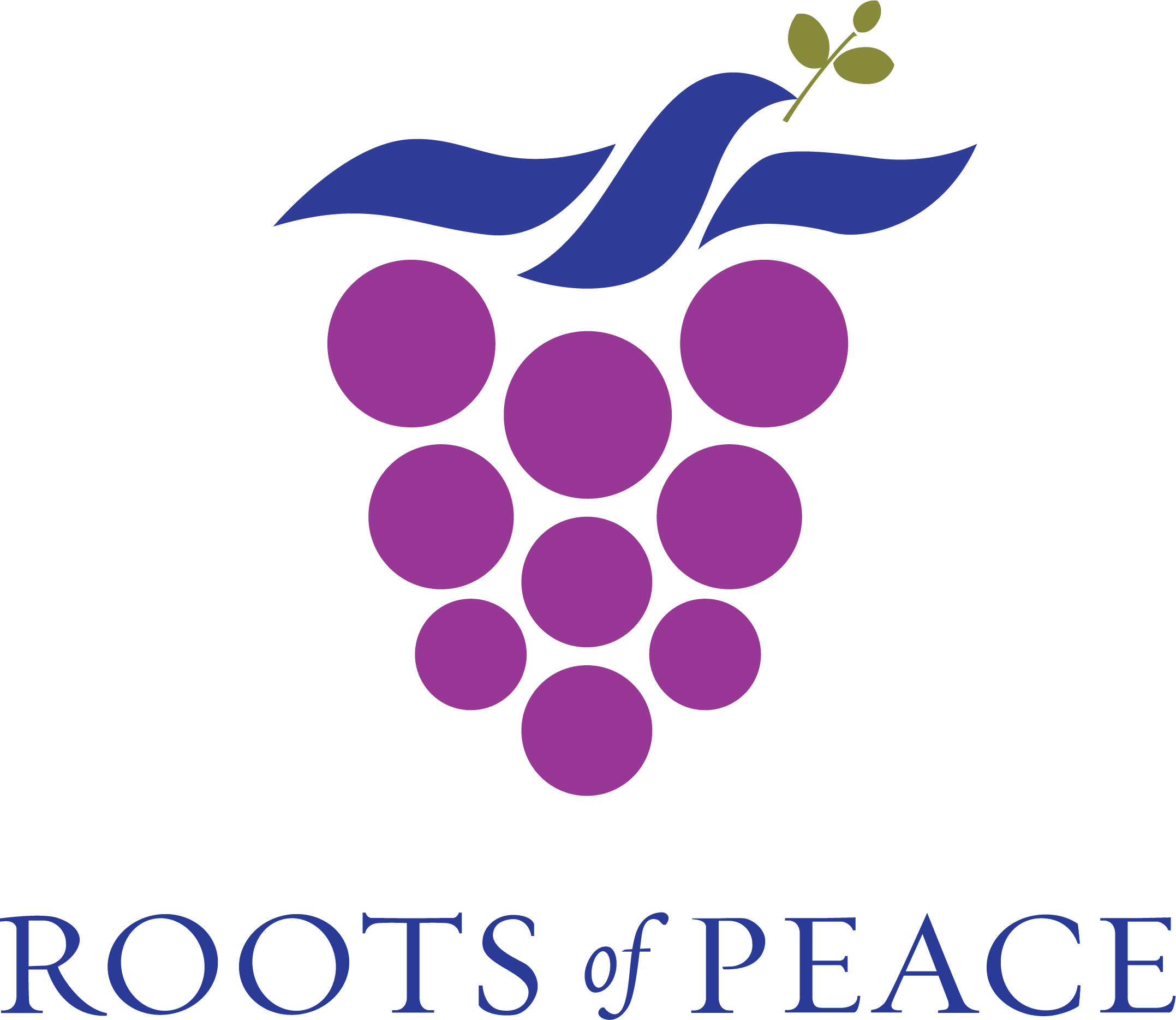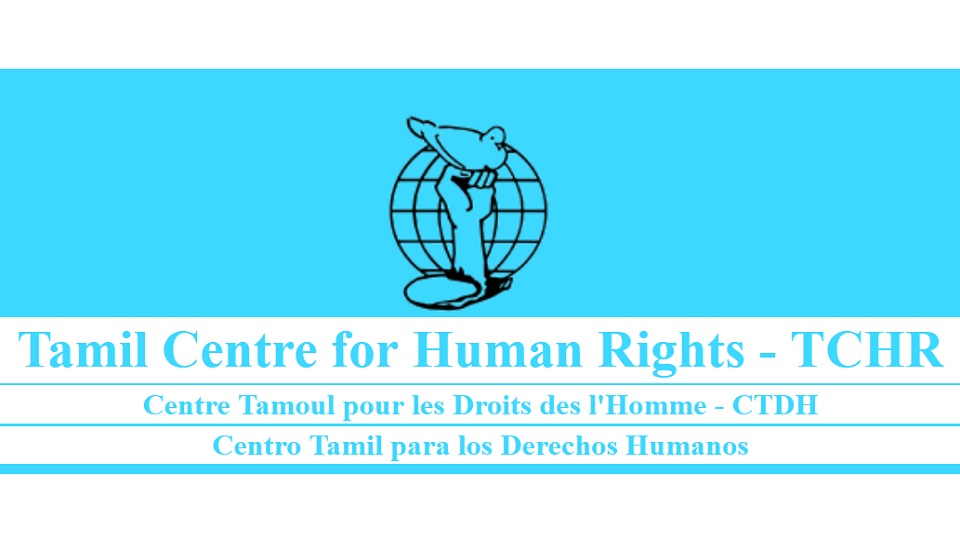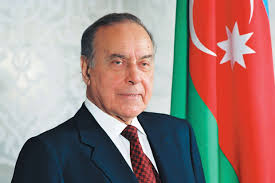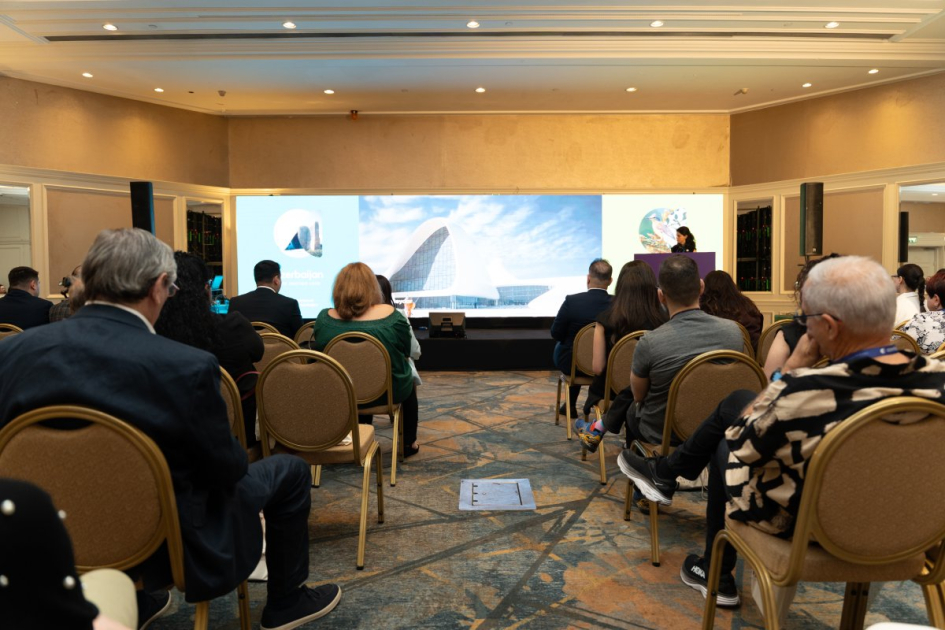Pakistanis celebrate their 76th Independence Day on August 14.
Ednews reports that flag-hoisting ceremonies, rallies, and other events were planned by the government and different political and religious parties to mark the day.
The Executive Director of the Center for South Asia & International Studies (CSAIS) in Islamabad and regional expert on Azerbaijan & South Caucasus, Dr. Mehmood Ul Hassan Khan, gave an interview on this day.
Ednews presents the interview:
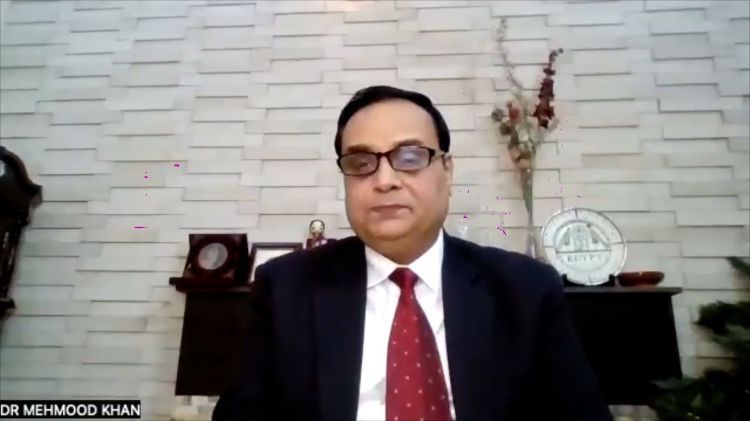
- Dr. Mehmood Ul Hassan Khan, what happened on August 14, 1947? Let's touch on key historical events.
On August 14, Pakistan achieved independence from the British Empire that had ruled the sub-continent for centuries through peaceful political struggle, forcing all the imperialistic forces and their local agents, Hindus, to recognize Muslims and Pakistan as completely independent political entities with equal rights.
It was a political miracle vividly reflecting the core leadership qualities of Qauid-e-Azam Muhammad Ali Jinnah, the founding father of Pakistan, strength of pure national narrative, social cohesion, the power of ethnic diversity, and above all, a firm belief in democracy and political liberalization. It upheld the spirits of brotherhood, unity of command, clarity of purpose, sacrifice, struggle, submission, and systematic bargaining to achieve the desired goals of independence and an independent country for Muslims and all the minorities living in this great country.
It was the victory of vision over ill-conceived designs. It was a grand success for brotherhood and purity.
Unfortunately, one of the biggest human migrations happened on the day of August 14, 1947, from all parts of India to Pakistan because of the brutal slaughter of Hindus and Sikhs against struggling people and communities of Muslims living in India, especially in the Indian Punjab. The morning of August 14 was full of human blood, vividly reflecting the real struggle of Muslims living under the inhuman governance of the British and Hindus alike.
Qauid-E-Azam became the first Governor General of Pakistan and declared it a democratic country in which all ethnic minorities had equal rights.
- Who was the founding father of Pakistan?
- Qauid-e-Azam was the founding father and first Governor General of Pakistan who strived hard to achieve the impassable goal, i.e., an independent country for Pakistanis. He was a highly educated, politically motivated, and socially well-connected man who had great skills in negotiations, diplomacy, dialogue, conflict resolution, and above all, political wisdom to ensure essential political, social, and administrative space for Muslims. Through his superior rotary, he became an inspiration figure for Muslim workers, youth, and common people.
He had great character, having the discipline, determination, and diversity to cope with the political dominance of Hindus and, of course, British rulers.
- What is the significance of August 14th in Pakistan's history?
- It is our national independence day, which is sacred and a blessing of Allah Almighty. It was indeed the start of a new beginning full of hope, harmony, and a brighter future.
It has greater historic, social, political, economic, and diplomatic significance for us because we succeeded in achieving independence. We achieved political freedom. We enabled them to overcome the economic exploitation of the Hindus and British rulers. We had unique social, political, and economic entities after independence.
- How is Pakistan's Independence Day typically celebrated?
- It is being celebrated with zeal & zest with pure and simple passions of patriotism, bravery, courage, submission, sacrifice, and service throughout Pakistan.
Every year, the dawn of August 14 starts with sincere prayers and good wishes. Every Independence Day, we wake up to a beautiful ceremony by the Defense Forces where they present the 21-c cannon salute.
Citizens of Pakistan celebrate Independence Day zealously. The colors for the day are the green and white of Pakistan’s flag. The country’s flags are seen everywhere, and fireworks displays are enjoyed. Flag-hoisting ceremonies are held publicly and at private institutions across the country. Schools and universities arrange declamation contests, art exhibitions, national song recitals, and sports marathons to celebrate.
Special programs are also scheduled for the observance of this day. The president and prime minister deliver special speeches, recalling the sacrifices of the nation’s forefathers who laid down their lives for the country. The district and local authorities actively plan and execute events to express patriotism and add color to the day.
Citizens participate in face painting, donning the country colors, dressing up elaborately, lighting fireworks, and celebrating all things pertaining to Independence Day.
Ulviyya Shahin

